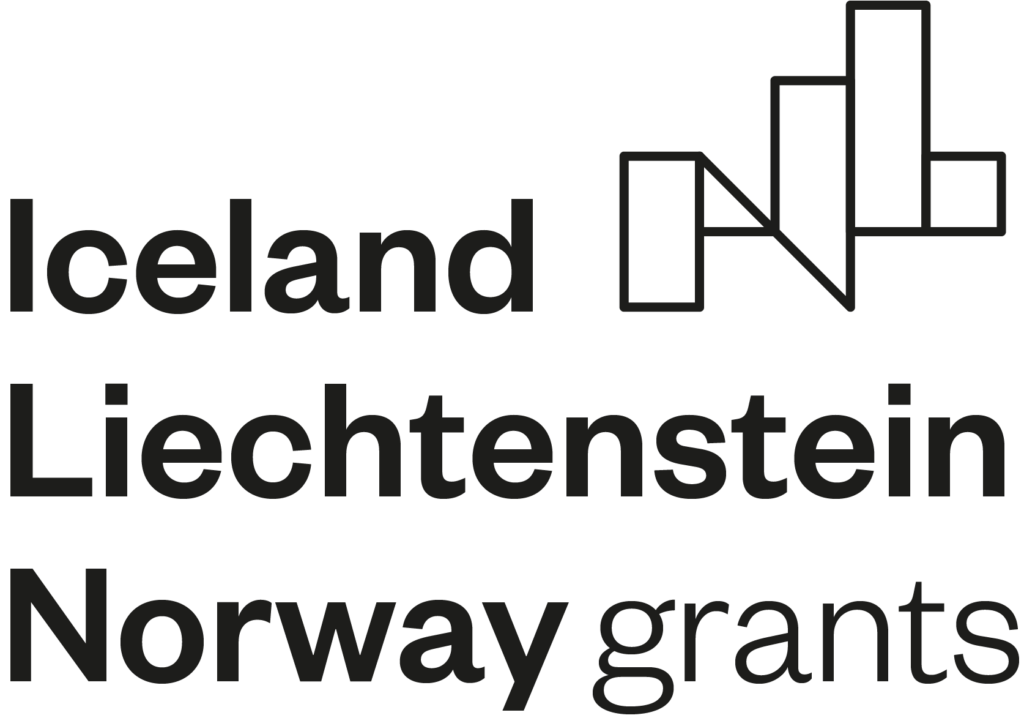PROJECT TITLE
Fast and sensitive bioanalysis using micromachined electrospray interfaces with μ-scale separations
PROJECT CODE
TO01000232
GRANT
EEA Grants and TA CR
Funding: 30 215 585 CZK
About the project:
The μBIOSEP represents an applied research project solved by a Czech-Norwegian consortium consisting of research institutions with expertise in analytical chemistry, microfluidics, and microsystems fabrication, and a business partner operating in the related disciplines.
2021
After forming the research teams, development efforts started on the project’s primary goal of introducing miniaturized systems for highly efficient and sensitive analyses of challenging but scientifically or clinically significant biological samples, such as human plasma. In addition, the consortium also fulfilled administrative tasks primarily supporting the achievement of the scientific goals, the outreach of the project, and the dissemination of results obtained.
2022
In the second year of the uBIOSEP project, miniaturized interfaces for electrospray ionization and a microfluidic device enabling their coupling with commercial mass spectrometers were fabricated. After the development is complete, the resulting system will be suitable for highly sensitive and efficient analyses of biologically or clinically significant biological samples. Furthermore, the concept of miniaturized valves was investigated using computer simulations. The microvalves represent a key component of the envisaged system for the separation of short fragments of the circulating DNA that can be used for cancer diagnosis from blood plasma samples using the so-called liquid biopsy technique.
2023
In 2023, the functionality of a miniaturized electrospray interface for the coupling of capillary electrophoresis with mass spectrometric detection was experimentally verified. A study demonstrating the applicability of the developed device for the analysis of complex samples from the life sciences and pharmaceutical industries was also prepared. Furthermore, microfluidic parts of miniaturized valves, key components of the envisaged device for repeated analysis of clinically important samples by liquid chromatography, were fabricated. The system shall be applied for analyzing short fragments of circulating DNA that can be used for the early diagnosis of cancer using the liquid biopsy technique.
Summary
The project focused on the issue of ship propeller lubrication, specifically on finding an environmentally acceptable replacement for the widely used mineral lubricants. In the initial phase, natural oils and their mixtures were tested. These materials exhibited low hydrolytic stability, which is not advantageous for applications in direct contact with seawater. Therefore, they were excluded from further testing. In the subsequent phase, synthetic base oils were tested and proved to be very suitable for these purposes. By carefully selecting ecological additives, we were able to prepare formulations that meet both the stringent requirements arising from the wide range of operational parameters of vessels and the environmental demands for biodegradability.
Beneficiary and project partners:
Ústav analytické chemie AV ČR, v. v. i.
SINTEF AS
WATREX Praha, s.r.o.

The μBIOSEP project benefits from a € 1.2 mil grant from Iceland, Liechtenstein and Norway through the EEA Grants and Technology Agency of the Czech Republic.
The project is carried out under the KAPPA funding programme for applied research, experimental development and innovation, managed by the Technology Agency of the Czech Republic.
